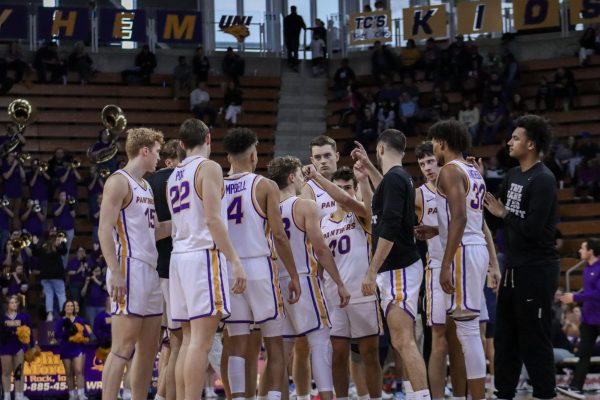It’s past time to overhaul he NFL overtime rules
Oct 7, 2021
It’s a perfect Sunday afternoon. You’re settled into your favorite spot on the couch, enjoying your go-to game day snack, ready to watch your favorite National Football League team take on that week’s opponent. Perhaps it’s a high-scoring shootout, or maybe it’s a low-scoring defensive slugfest. Either way, through the 60 minutes of regulation, a winner has not been decided and the game is still tied. Therefore, a 10 minute overtime session begins. However, after those 10 minutes the game is still tied. Instead of continuing to play until there is a winner, the game just ends in a tie, and you are left feeling annoyed and upset.
Whether as an athlete or a fan, there is no worse feeling than a game ending in a tie. After a win, you get the uninhibited joy of celebrating a great victory. Even after a loss, you at least know how to feel, allowing a sense of disappointment and sadness to run over you until it’s time to move on to the next game. After a tie, however, there really is no appropriate feeling to have, and most people are left having no clue how to react. That’s why it’s so inexplicable that still, in 2021, the NFL allows regular season games to end in a tie.
Of the four major sports leagues in the United States, the NFL is the only one that still allows games to end in ties. In the National Basketball Association, five minute overtime periods are played until one team holds a lead after a period concludes, with that team being crowned the winner. In Major League Baseball, teams continue to play extra innings as long as necessary until one team ends an inning with the lead. In the National Hockey League, teams play one, five minute sudden-death overtime period, and if that isn’t enough, they go to a shootout.
There are two main options that the NFL could go to in order to fix this problem of ties. The first option is that they could do what they do in the postseason, where ties are not allowed. In the playoffs, if the overtime period comes to an end and the game is still tied, then they simply go to a second overtime period. This could go on as long as needed until somebody manages to break the tie, winning the game for their team.
The second option would be to do what college football teams do. In college football, the overtime session begins with one team getting the ball at their opponents’ 25-yard line and trying to score. After their possession ends, whether by a touchdown, field goal or turnover, then the other team does the same thing. If they match the other teams’ total from their possession with the ball, then the game continues to a second overtime. However, if they fall short or overtake their opponents’ point total, then the game is over, with the team with more points being declared the winner.
Both options definitely have their problems. With the NFL postseason rules, all players could potentially have to run a lot more plays, creating much greater chances of injury. With the college rules, there is a potential to run up the score and player statistics, causing confusion when looking at the stats post game. However, all of these problems are very manageable compared to the chronic issue of NFL games ending in a tie. Players and fans alike are likely to agree that there has to be a better way to end overtime games.















